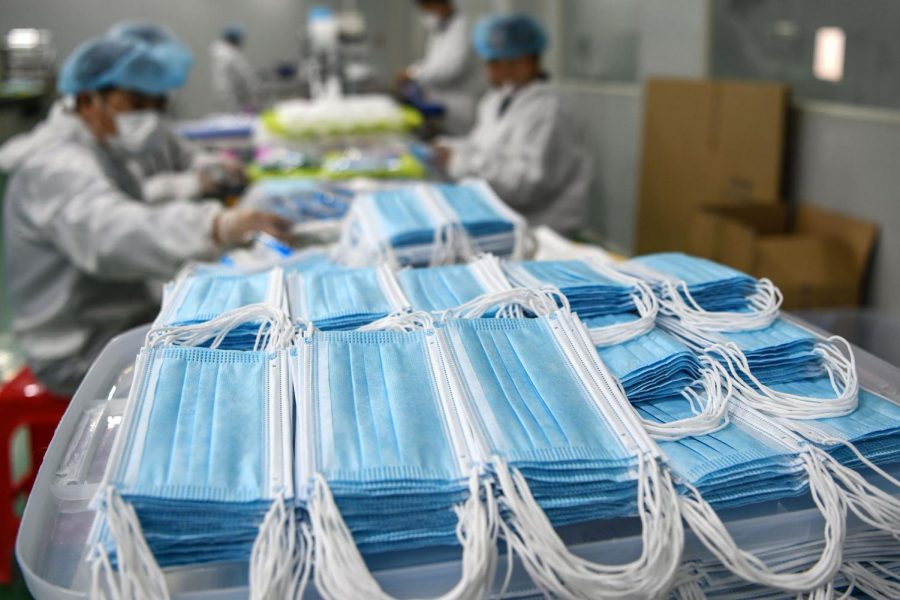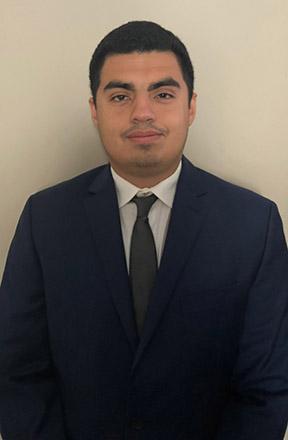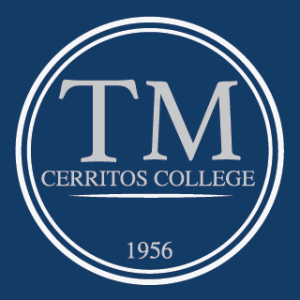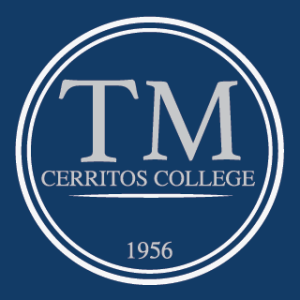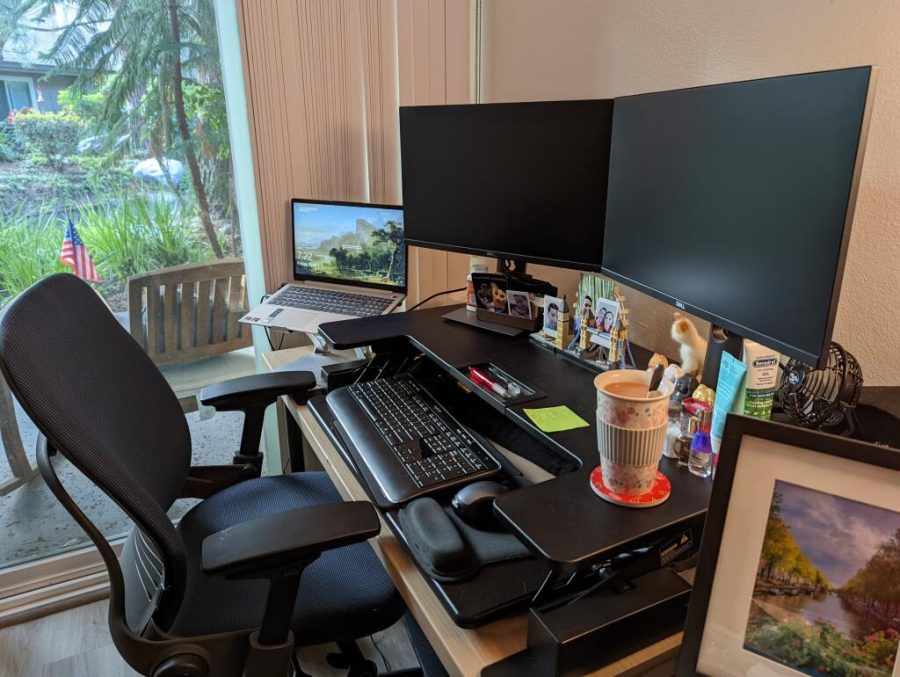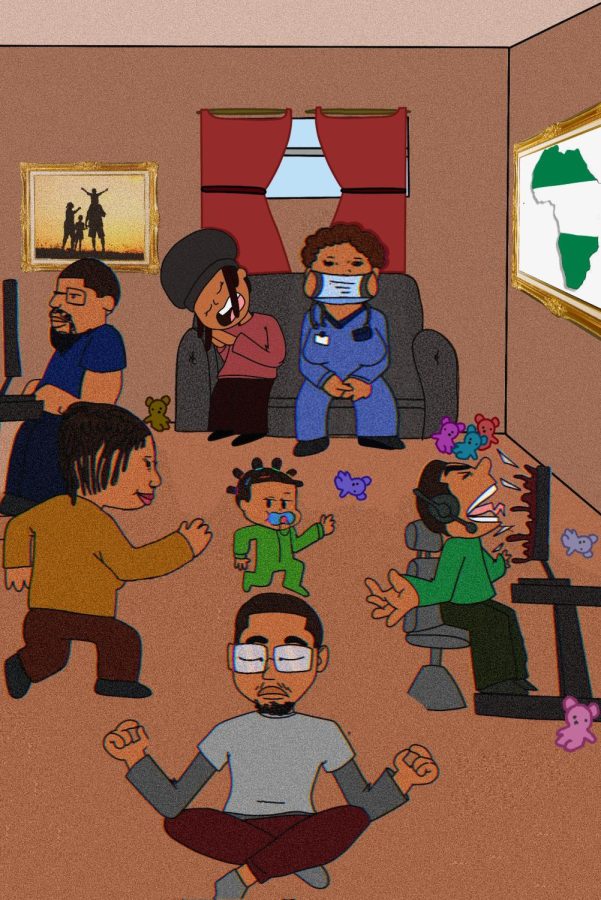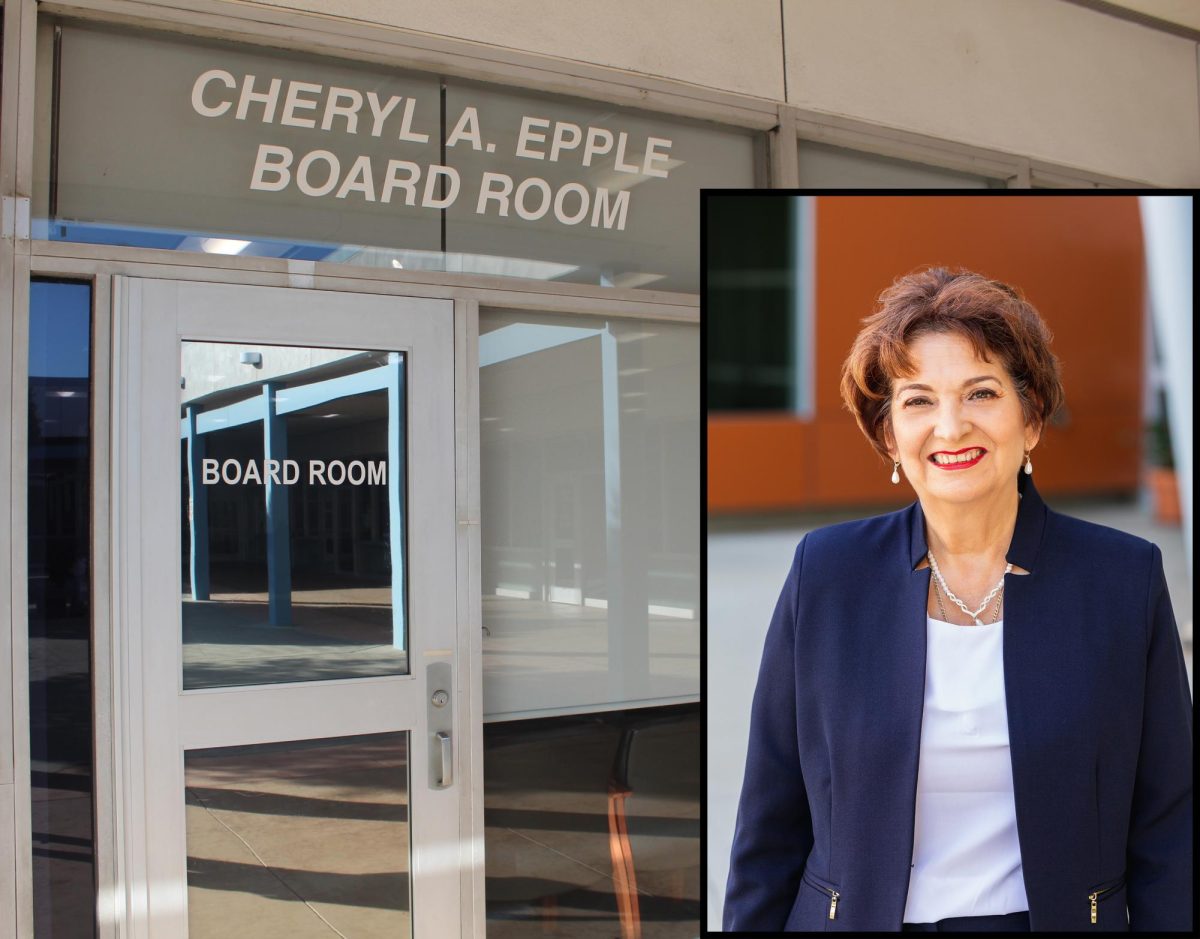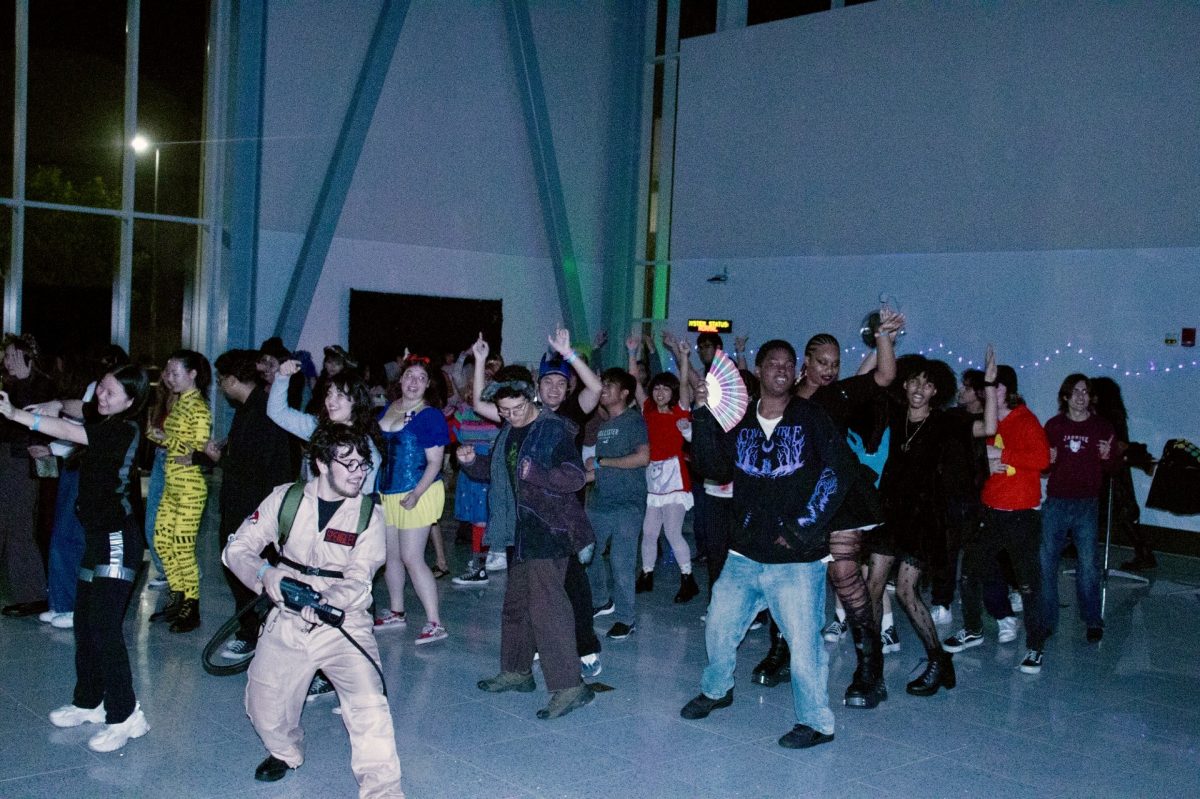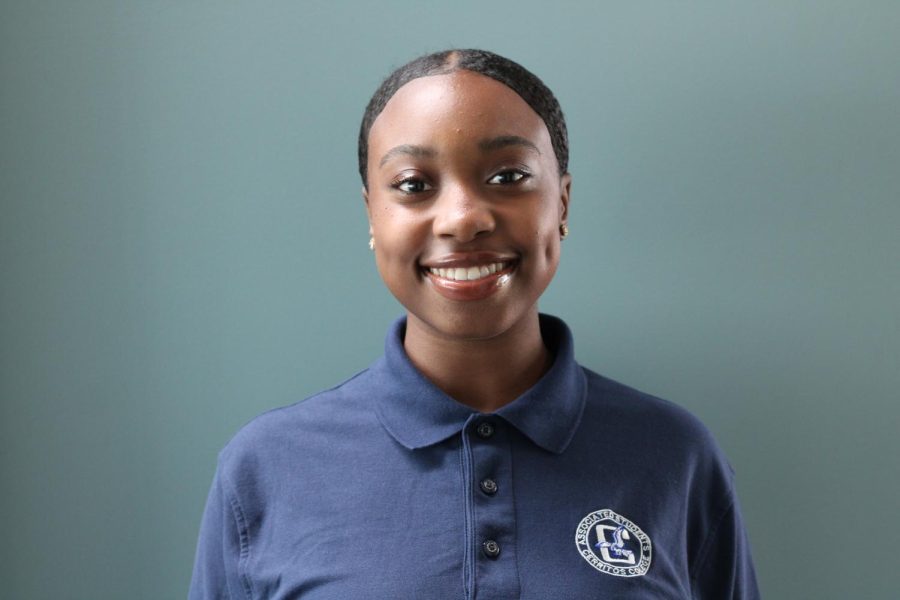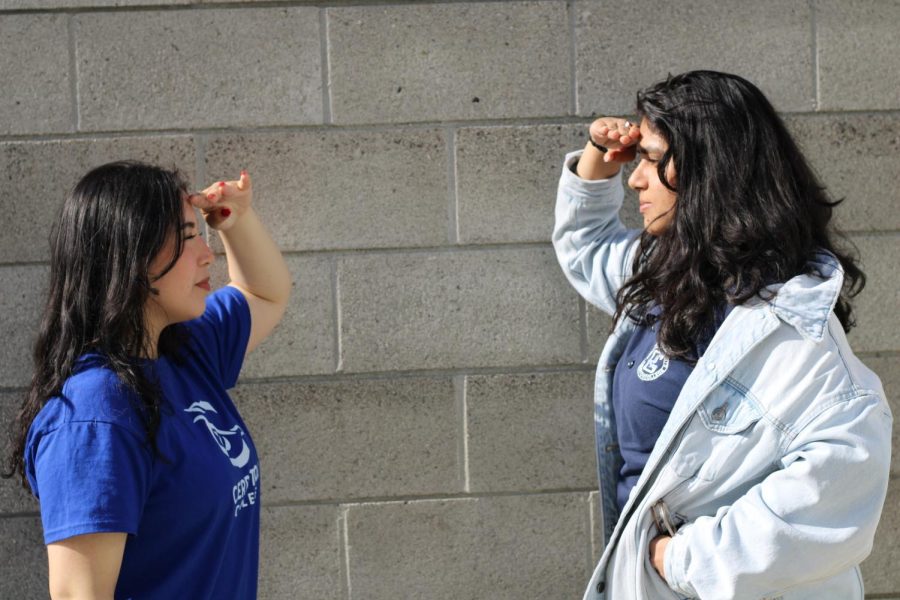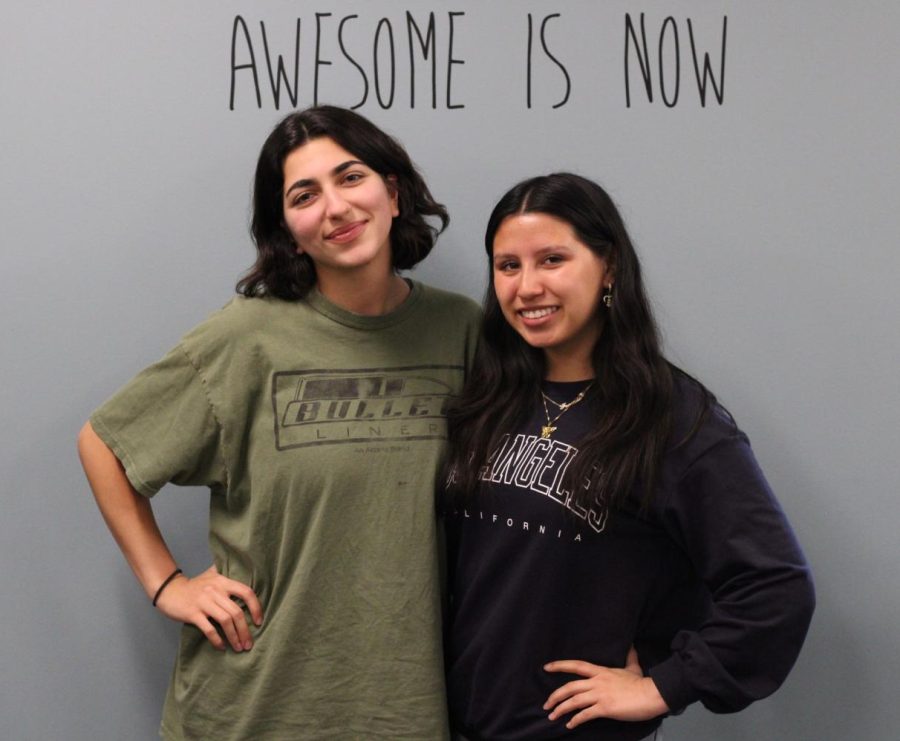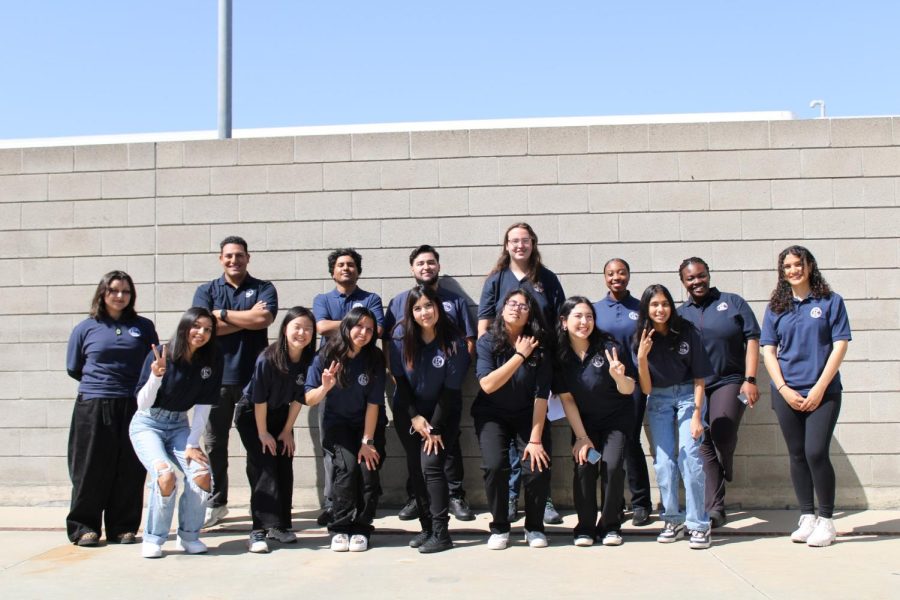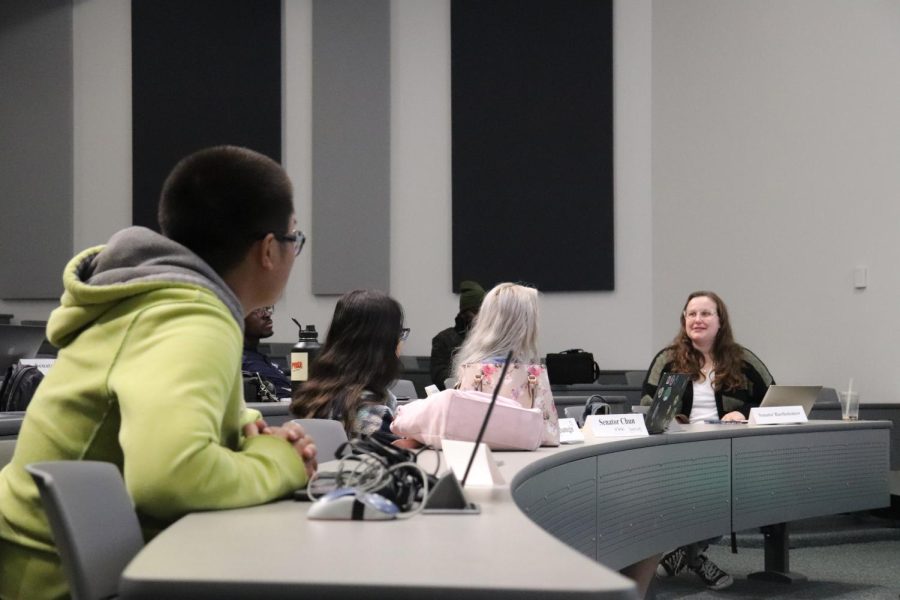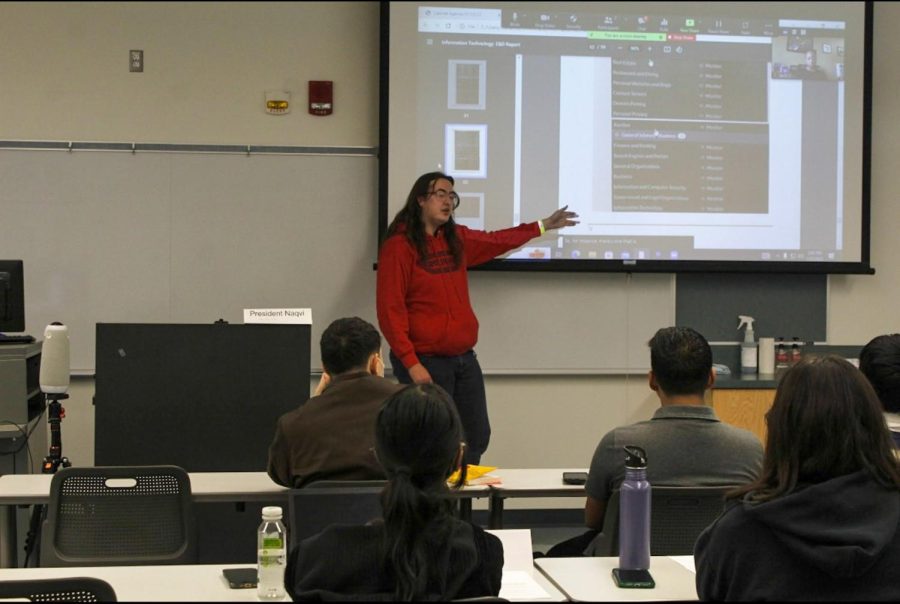As the Cerritos College campus remains closed, apps such as Zoom and Skype have become vital to connecting students with their instructors. Virtual meetings such as this have become common practice in schools and workplaces throughout the country.
The meeting lobby opened at 2 p.m. on the afternoon of April 8, hosted by ASCC advisor and Dean of Student Services, Elizabeth Miller.
Vice President Williams delivered his call to order, and, from their homes, the senators followed the motions of approving the agenda and minutes of the previous meeting.
During the public forum portion of the agenda, attendees were joined by Vice President of Student Services Dilcie Perez.
She wanted to inform the student leaders of the Cerritos Cares project, an initiative created by the college in response to the COVID-19 pandemic.
Cerritos Cares offers a “centralized place to connect students to campus resources,” and its link can be found at the top of the college’s website.
The platform provides links to information and any assistance offered by the school, including opportunities for students who lack access to technology, food distributions, financial resources and ways to stay involved in clubs and other campus activities.
“We are trying to help get laptops and hotspots to students who need these resources,” Vice President Perez said. “At this point we have reached capacity but we will continue to take names, so as we continue to find funds we will purchase more laptops for students.”
Another topic of discussion were the elections, which had opened mere hours before the senate meeting.
Before noon on April 9, students had the chance to vote for a new ASCC President and Vice President via Canvas. Senators encouraged participation from all students.
Besides the lack of human contact, the senators were able to adjourn the meeting without any significant obstacles or delays.
Some senators offered a lending hand to one another, like nursing student Adriana La Fuente, who told the attendees that she will be hosting a Zoom meeting of her own for anyone who might be needing someone to talk to or is looking for more general health information.
While the ASCC meeting proceeded without issue, some senators described a different scenario when it came to their classes. In-person lab assignments are replaced by online modules, and some instructors face difficulty providing the proper resources for all their classes and all their students, even across multiple campuses.
“A digital lab makes sense but then again, the emphasis on the [in-person] lab is technique,” Williams said. “Of course, on a digital lab you always hit the right mark as long as you know where to click.”
As of this week, the United States reported more than 464,000 confirmed cases, surpassing any other country worldwide.
With the stay-at-home orders still firmly in place, Zoom meetings will continue to serve as the primary teaching tool for colleges and institutions through the foreseeable future.



